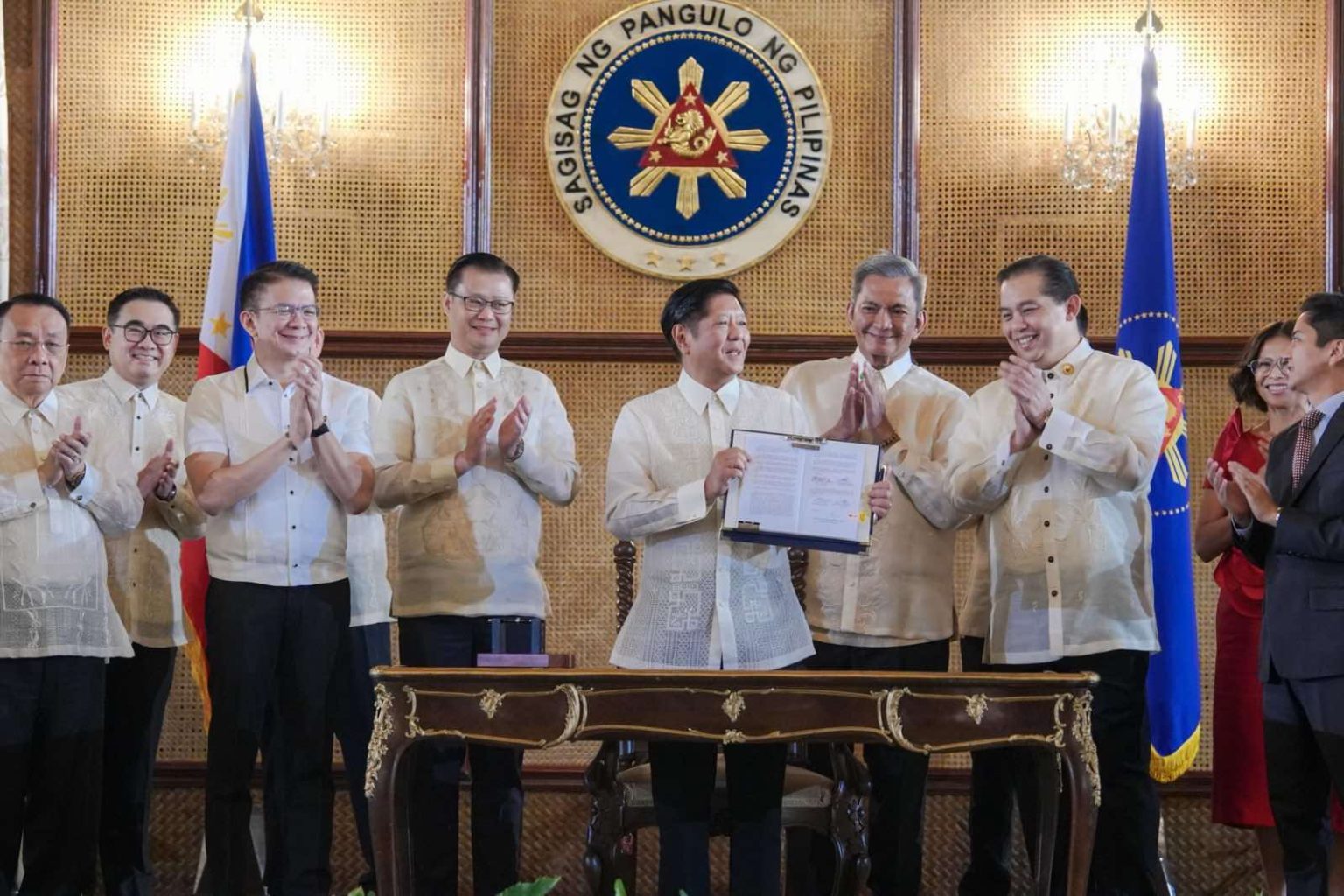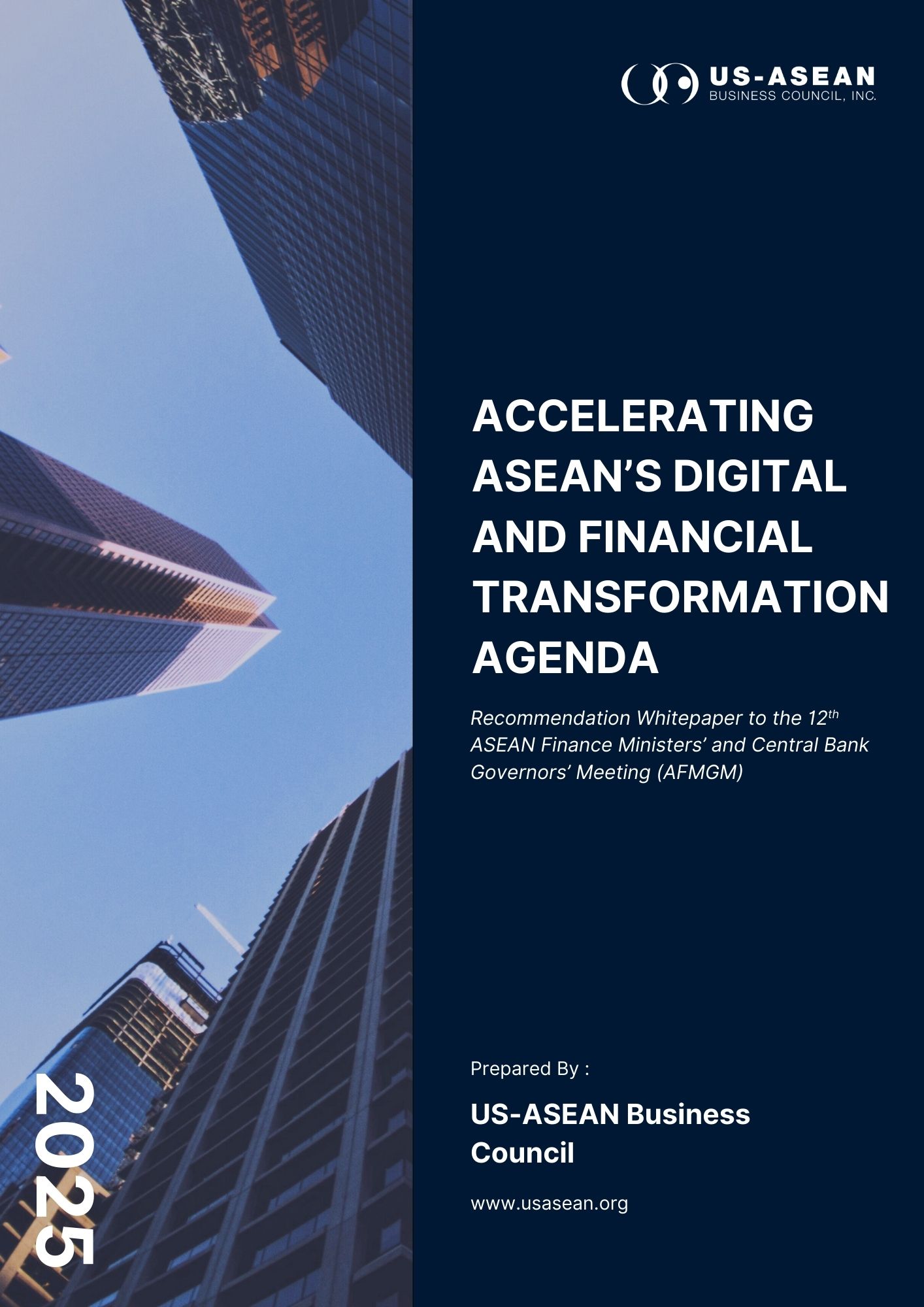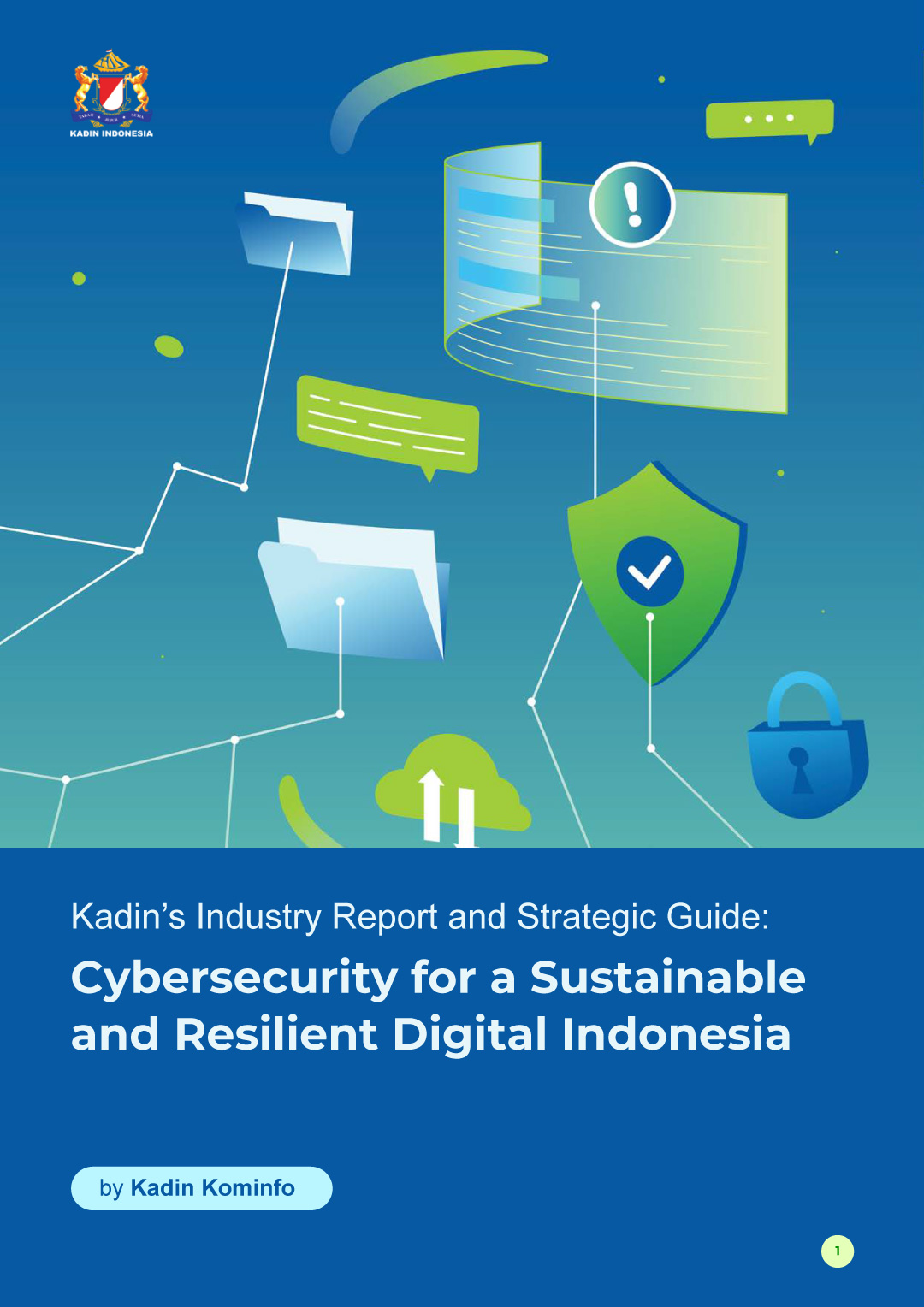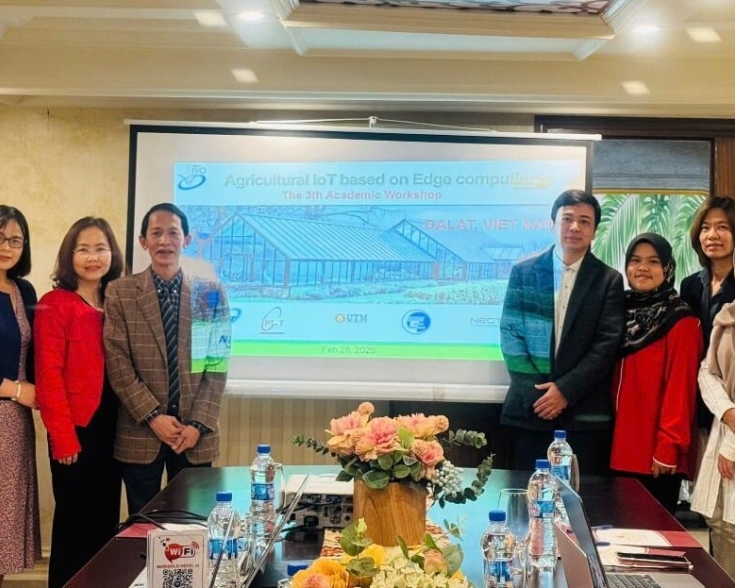CREATE MORE Law Singed into Law to Boost Investments, Create Jobs

On November 11, President Marcos Jr. signed legislation aimed at enhancing the Philippine’s competitiveness to attract greater foreign investment and domestic capital formation by reducing corporate income taxes and enhancing business incentives. The Act, known as the Corporate Recovery and Tax Incentives for Enterprises to Maximize Opportunities for Reinvigorating the Economy (CREATE MORE) signified the administration’s commitment to empowering the business sector and attracting foreign direct investments, consistent with the country’s 8 point economic agenda. In his remarks, President Marcos Jr. highlighted the CREATE MORE Act as a crucial step toward creating an investment-friendly climate in the Philippines by broadening tax relief, simplifying tax systems, streamlining business processes, and enabling flexible work options.
This new law builds upon and revises some provisions of the 2021 Corporate Recovery and Tax Incentives for Enterprises (CREATE) Act. Among its key provisions are the following:
Streamlined VAT Refund Process
Extension of Tax Incentives Duration
Reduced Corporate Income Tax
Enhanced Deductions for Power Expenses
Simplified Local Taxation
Flexible Work Arrangements
Revised Creditable Withholding Tax (CWT) rates
Many government officials and various business groups welcomed the CREATE MORE Act as a significant achievement in supporting economic growth and strengthening the country’s global market position through sustained investments. Furthermore, allaying concerns that the new tax law could impact the government’s revenue, Finance Secretary Ralph Recto cited that the government will pursue other additional revenue measures.
The law will take effect on November 27, 2024, with its Implementing Rules and Regulations (IRR) to be issued no later than February 25, 2025. The US-ASEAN Business Council is working closely with the Philippine Government in ensuring that industry inputs on the CWT rates are incorporated in the IRR of the law.









